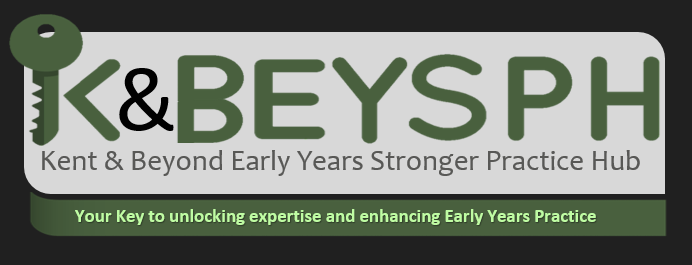Children, the way they learn and why they behave as they do are Ali McClure's life's work and passion. Finalist for Nursery World Trainer of the Year, Ali McClure has been writing, teaching and speaking for more than two decades to countless educators and families in the UK and across the globe. Her lively delivery and unique work on Supporting Self-Regulation and SEND, Learning through Play, Bringing Play to their Learning and Building Brilliant Behaviours are highly acclaimed, with the FingerTlps approach recently recognised by the Centre for International Research at Eton College England and the World Forum Child Impact Initiative.
Previously known for her timeless book 'Making it Better for Boys', Ali is an award-winning consultant, creator and changemaker. Being a SENCo and teaching and tutoring young children, helping them and the adults around them find supportive, sustainable solutions is important to her, and keeps her practice current. Ali specialises in helping every child and the adults around them to believe in themselves and to achieve… whatever their challenges may be. Her strategies grow with the child, working for learners of all ages.
TALKING TOGETHER… the tools at your fingertips
Finding the words that work is tricky at any time, but it is especially difficult for the children and families we work with right now. Sadly, talking together has become a bit of an endangered practice, in fact , I would be bold enough to say that we have fallen out of the habit; at least that is what I see with the settings, schools and families that I have the privilege to work with. Even in my own family, my own team, finding time for talking together is rare. Exploring opportunities to truly listen, to learn from a depth of the discussion is even rarer.
The time and the tools
I wonder how it is in your school, your setting? Do you find the time for talking together with your colleagues, your parents and carers, your children…? Do you have the tools to dive deeper- to truly listen?
Challenging choices here- I wonder if we have not just neglected the time to talk but also sometimes struggle for what to say, what questions to use to open up conversations- conversations that build connections?
Checklist questions?
We have so many ‘checklist questions’ when it comes to assessing learning, ticking boxes, but what questions do we have to dive deeper, into what matters most for the person learning-whatever their age or stage?
The tools to talk about learning when ‘embedded into our every day ‘ are, in my humble opinion, the most accessible and the most powerful. When we talk about learning we also find out how the learner is feeling, and what they understand about how they learn- early metacognition!
Talking with our teams or with our toddlers
Whether we are talking with our teams about our tinies or talking with a toddler about their tower-how would it be if the words that work are simply at our FingerTips? When we ask a child a question, it is rare that they get to share what matters most to them - in fact, often they are not aware of that themselves, until we open up their world with the catalyst questions we choose.
The journey of the learner
When we talk together about learning, we not only find out about the journey of the learner, but about ourselves and our practice. We learn whether they have loved the provision and props we have put in place; we learn what parts of our practice have made the most impact- and which have been most important to the learner.
I wonder how things would change, if we were able to empower our teams, our families? If we were able to equip our children with the tools to talk about their learning? If we could make this so simple, versatile and accessible that it is always to hand?
Children learn from our modelling, and from the responses of their peers. Even those not yet ready to speak begin to learn so much from the way our carefully crafted questions open up conversations.
So, let’s start 2025 by Talking Together, Learning Together and Growing Together with the tools at our FingerTips
For more information on children’s communication and language development please also refer to the Education Endowment Foundation Evidence store.
